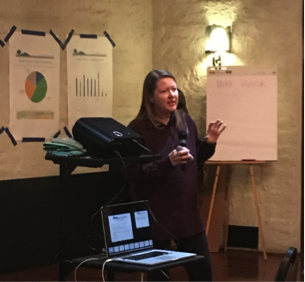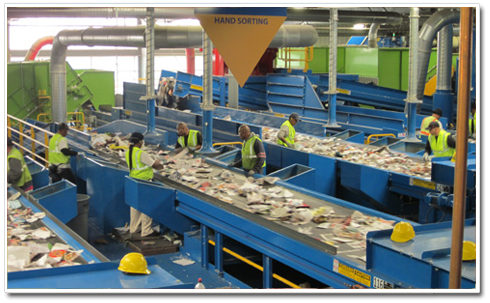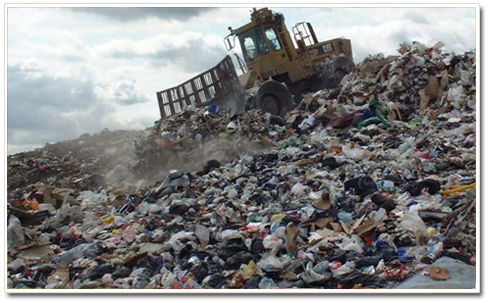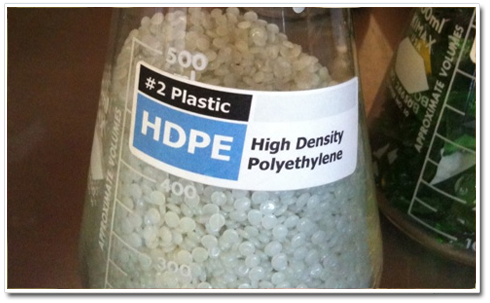ITR is generally held in late January or early February
and announced in mid December.
Since 1995, NCRA has offered Introduction to Recycling (ITR) over 35 times. A quintessential exploration of the history of the recycling and Zero Waste movement, ITR offers both newcomers and seasoned professionals a critical overview of current concepts, practices and terminology with guest speakers, thought-provoking exercises and group discussions.
All welcome – managers, employees, municipal staff, elected officials, community advocates and students. Scholarships are available for job seekers, students and interns; please send a note to staff via the contact page
Taught by former NCRA presidents:
 Ruth Abbe, President of Zero Waste USA, the national affiliate of the Zero Waste International Alliance. The mission of Zero Waste USA is to inspire communities to embrace and achieve Zero Waste. She is a Zero Waste practitioner with more than 25 years of experience in recycling and composting program and facility development.
Ruth Abbe, President of Zero Waste USA, the national affiliate of the Zero Waste International Alliance. The mission of Zero Waste USA is to inspire communities to embrace and achieve Zero Waste. She is a Zero Waste practitioner with more than 25 years of experience in recycling and composting program and facility development.
Portia Sinnott is the NCRA Executive Director, the Zero Waste USA Development Director and a self-employed advocate-consultant who started in Recycling and Zero Waste in 1980.
 2020 and 2021 Guest Speakers – left to right
2020 and 2021 Guest Speakers – left to right
Ruth Herrera, Nothing Wasted Consulting, The Source Zero – Zero Waste Shop and formerly San Jose Conservation Corps
Rod Muir, Sure-Close and Sierra Club Canada Foundation
Felisia Castañeda, HF&H Consultants and formerly Recology San Francisco

This class was developed by Arthur Boone, President of the Center for Recycling Research, who has been involved in the recycling movement since 1983 when he began a recycling program in Oakland, CA. He served as President of NCRA in 1987 and from 2011 to 2013, and is the founder of our annual Recycling Update.
ITR Curriculum
Key Terms in Recycling
• Introductory Survey: What do you currently know about recycling
• Basic Terms: Three Rs, The IWM Hierarchy, and To Discard or to Dispose.

Basic Concepts
• How the materials cycle got broken
• How we recognized our shortcomings
• Conceptualizing the future: hierarchy
• The failure of recycling’s competitors: landfills and incinerators

• Market share of competing ventures—how fast things change
• What’s available for recycling: The 12 Categories
• How recycling works: drop-off, buyback, curbside
• Processing mixed materials vs. source-separated recycling
• The five types of material sorting/processing facilities
• Encouraging source separation-type recycling: the four policy options
• Five meanings of source reduction
• Three levels/types of recycling
• Market development and recycled product procurement
• Forming new ventures: the six areas of activity
• Recycling’s role in climate change
• Extended Producer Responsibility – Intro Primer
Know Your Materials

• Hands-on demonstrations of basic market grades of materials: metal, glass, paper, plastic, wood, etc.
2-Day 2024 Class
1) Monday, February 5, 9am – 4pm
in-person including a series of San Francisco tours starting at the
Recology San Francisco‘s
John A. Legnitto Environmental Learning Center (ELC).
2) Tuesday, February 6, 9am – 4pm
via Zoom
# # #
